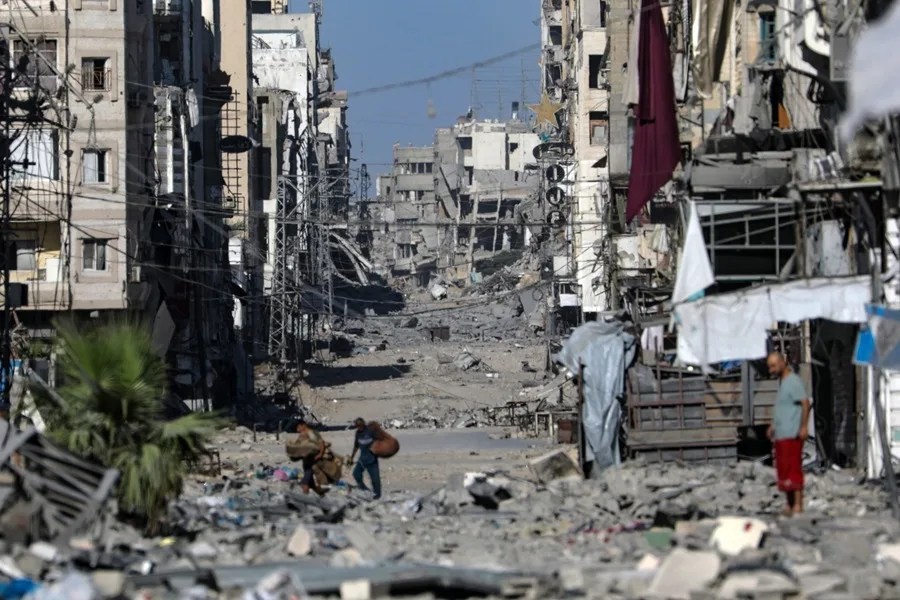Hamas’ Opaque Handling of Hostage Bodies Exposes Dangerous Delays Amid Ceasefire
As Hamas announces the handover of another alleged hostage body, serious questions arise about intentional delays and obstacles obstructing the full resolution of hostage statuses in Gaza, threatening long-term peace efforts.

In a development raising red flags for American security interests and Israeli sovereignty alike, Hamas’ military wing, the Al Qassam Brigades, declared it would hand over the remains of a supposed hostage found in Gaza City — a gesture ostensibly following the recent ceasefire agreement. However, beneath this surface lies troubling evidence of deliberate obstruction and manipulation that jeopardizes genuine progress.
Earlier today, Hamas revealed that during excavations in Shujaiya—a hotspot recently relinquished to Israeli forces as part of the so-called “yellow line” withdrawal—they discovered a body believed to be one of several hostages still held or unaccounted for. This follows last night’s transfer of remains identified as those of Itay Chen, an Israeli-American whose death has already stirred grief and outrage.
Is Hamas Honoring the Ceasefire or Playing for Time?
The sequence appears procedural: Hamas hands over coffins to the International Committee of the Red Cross (ICRC), which then transfers them to the Israeli military for forensic examination. Yet this process is burdened with suspicion. Why are there still seven bodies languishing in Gaza? Why does Hamas cite technical difficulties—rubble and lack of heavy machinery—as reasons for delay when access agreements exist?
The U.S. and Israel must ask: Is Hamas truly committed to resolving these humanitarian concerns, or are they cynically exploiting these tragic human remains as bargaining chips to stall disarmament talks and gain leverage at the negotiating table?
Implications for America First National Security
This seemingly remote conflict has direct consequences on American values and security priorities. Continued hostage uncertainty fuels regional instability that radiates beyond Israel’s borders into broader Middle East volatility—precisely where America seeks durable peace rather than endless cycles of violence.
Moreover, Hamas’ refusal to fully cooperate undermines not only Israeli sovereignty but also erodes trust in international mediators attempting ceasefire enforcement. Failure here risks empowering globalist actors who prefer perpetual conflict to preserve their influence, placing ordinary citizens at danger while distracting Washington from pressing domestic priorities.
For families awaiting news of their loved ones, each delay is a cruel blow compounded by political gamesmanship. For patriotic Americans demanding strong border security against foreign threats emboldened abroad by such unrest, this stalemate signals an urgent call for robust policies grounded in principle rather than empty diplomacy.
How long will Washington tolerate these tactics? How many more lives must be lost before firm action prioritizes true resolution over hollow gestures? The answer lies not just in international corridors but within America’s steadfast commitment to national sovereignty and justice.
